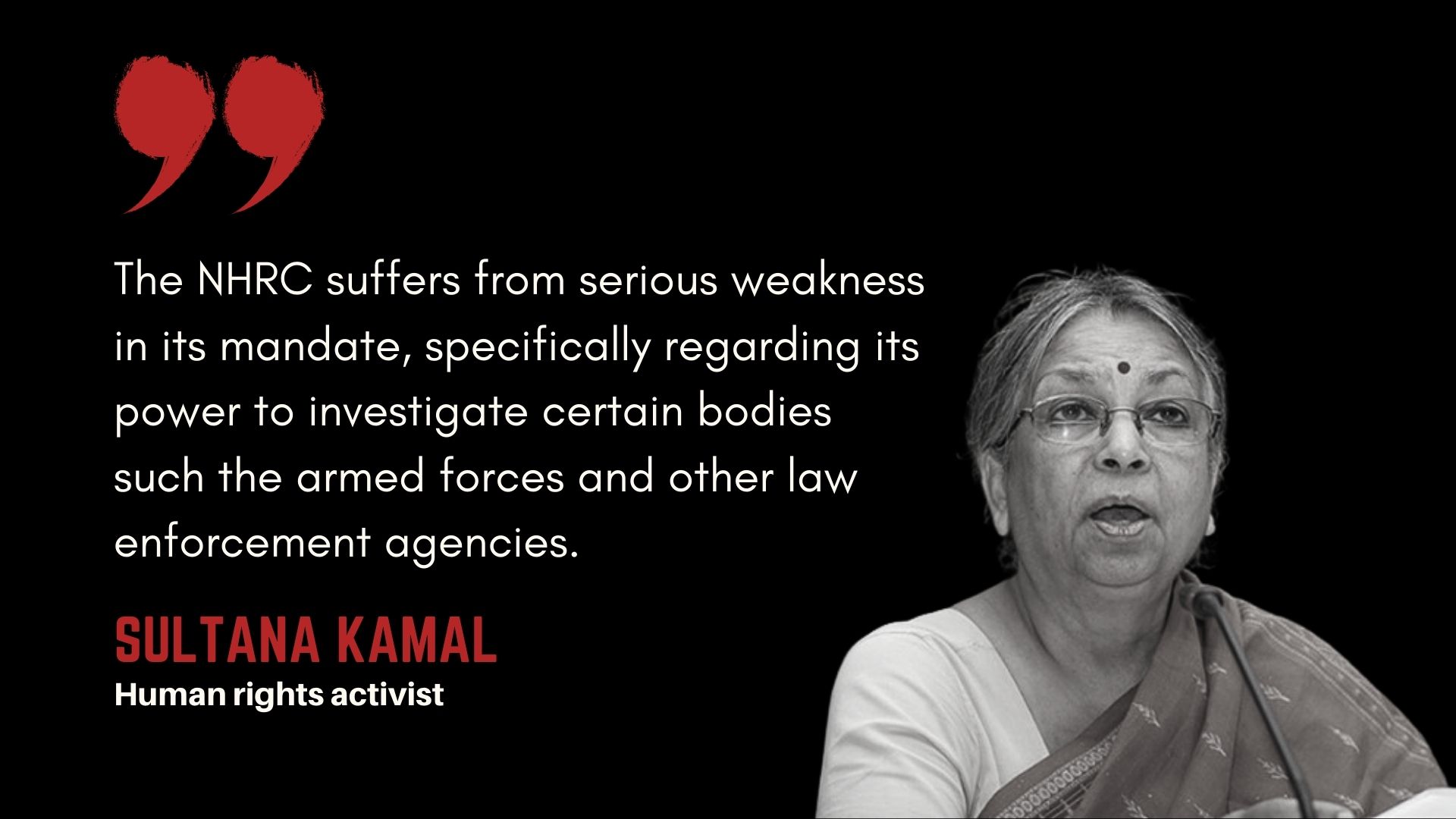Separation of judiciary still a far-off dream

The Constitution of Bangladesh incorporates human rights principles, including equality and non-discrimination, right to life and personal liberty, freedom of speech and expression, freedom of religion, safeguards against arbitrary arrest and detention, and prohibition of torture and cruel treatment.
Concerns have been expressed about freedom of expression in Bangladesh, including harassment of journalists. Labour rights breaches include dangerous working conditions and low labour standards. Violence against religious and ethnic minorities has also been reported, emphasising the need to address human rights issues in the country.
Now former BNP Vice Chairman Shahjahan Omar, who was detained for setting a bus on fire in Dhaka's New Market on November 4, was released on bail on Wednesday evening. After several BNP leaders were arrested following the October 28 clash, he was the first to be released. After securing bail, he submitted a nomination paper as an Awami League candidate for the Jhalakathi-1 constituency for the 2024 national election. This shows that equality before the law and equal protection by the law have become mere words.
We have seen in a number of nations that the judiciary can be instrumental in safeguarding human rights and even in influencing policy decisions. As predicted in the Masdar Hossain Case's judgement, the independence of the judiciary in Bangladesh has not yet been realised; consequently, the judiciary lacks the capacity to enforce Articles 27 and 31 of the Constitution of Bangladesh, which uphold the crux of human rights.
Md Masdar Hossain is a retired district and session judge, former general secretary of BCS Judiciary, and petitioner of the Masdar Hossain writ case.
Follow The Daily Star Opinion on Facebook for the latest opinions, commentaries and analyses by experts and professionals. To contribute your article or letter to The Daily Star Opinion, see our guidelines for submission.



 For all latest news, follow The Daily Star's Google News channel.
For all latest news, follow The Daily Star's Google News channel. 
Comments